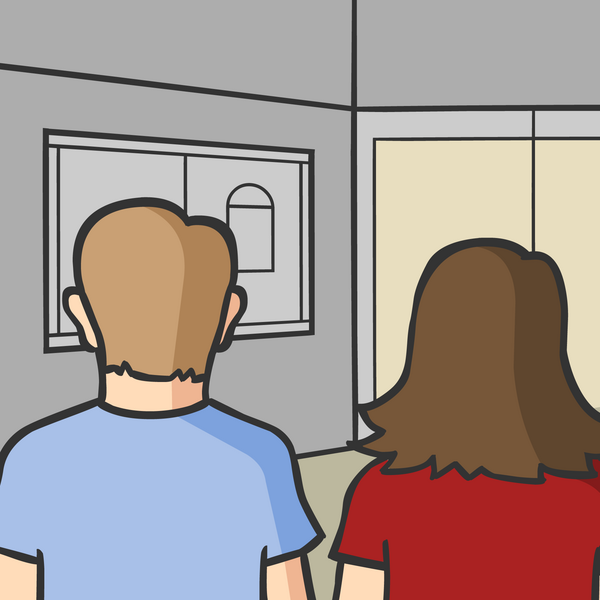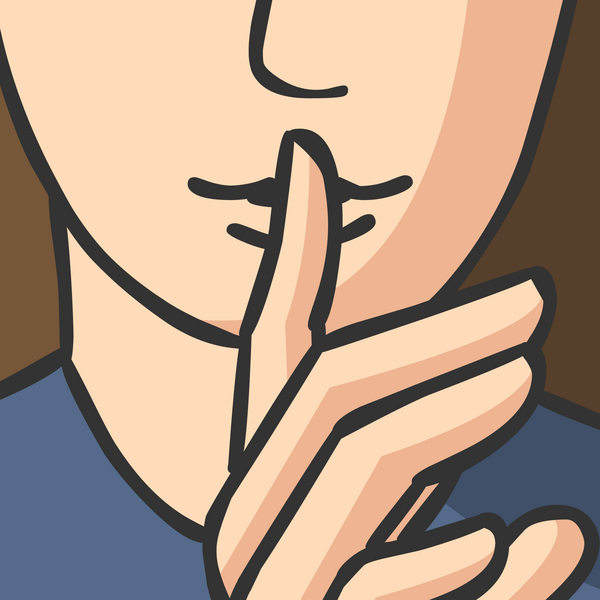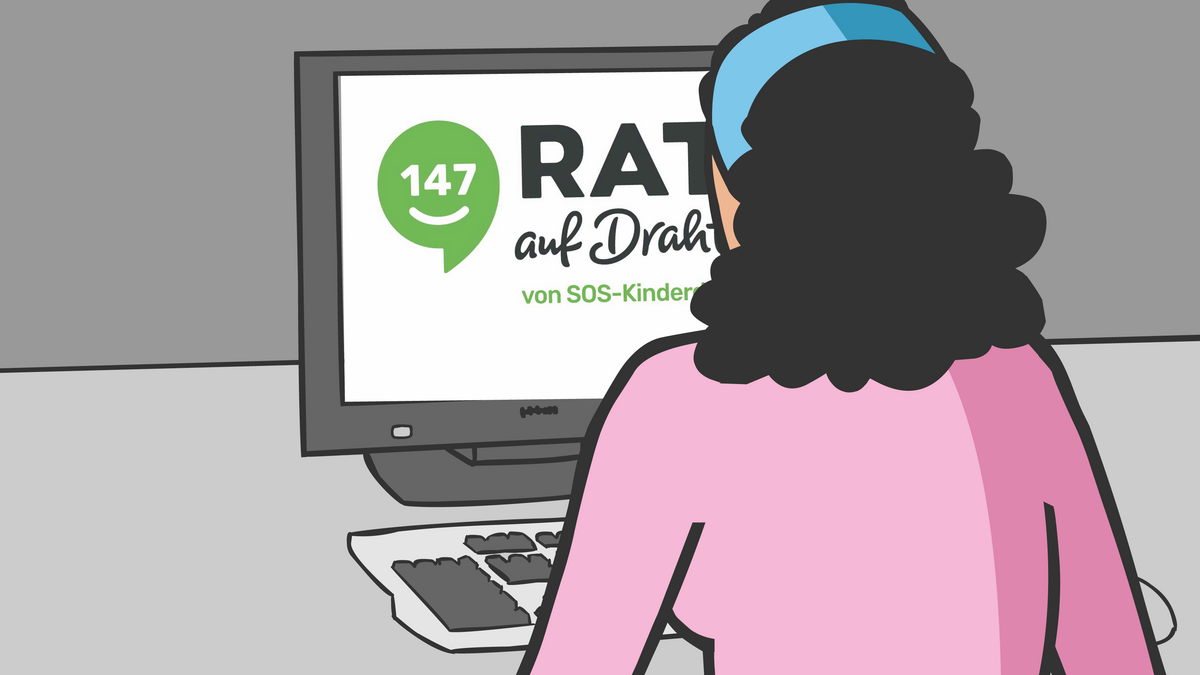What can I do?What should I say?
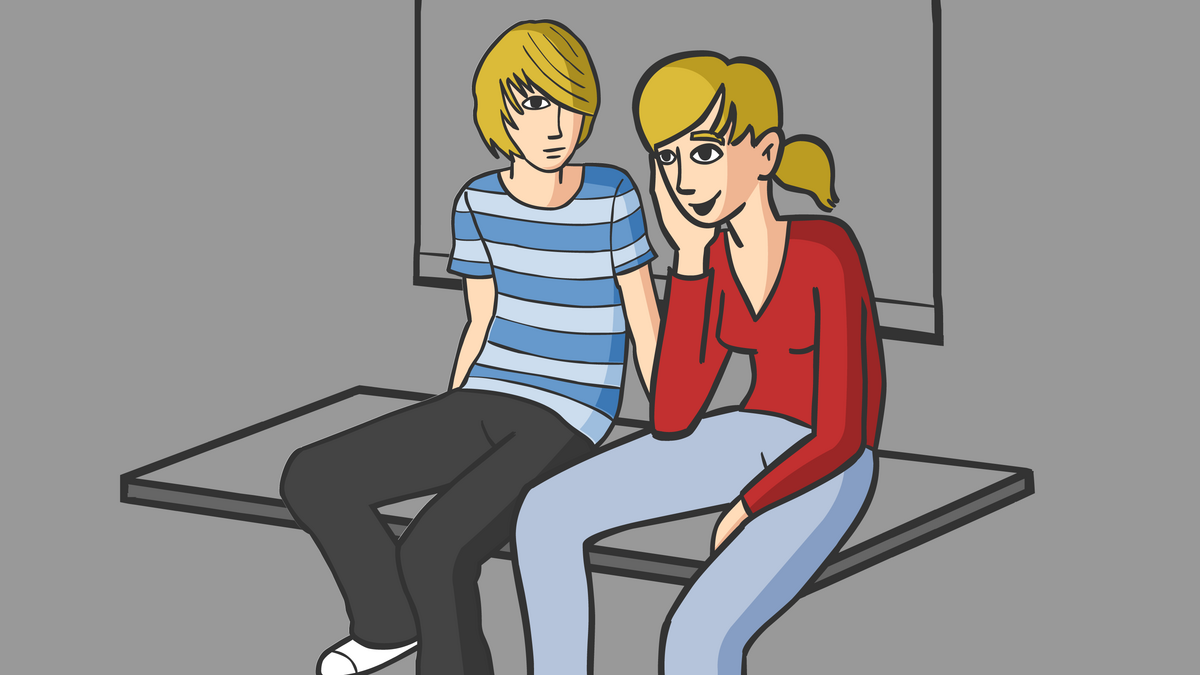
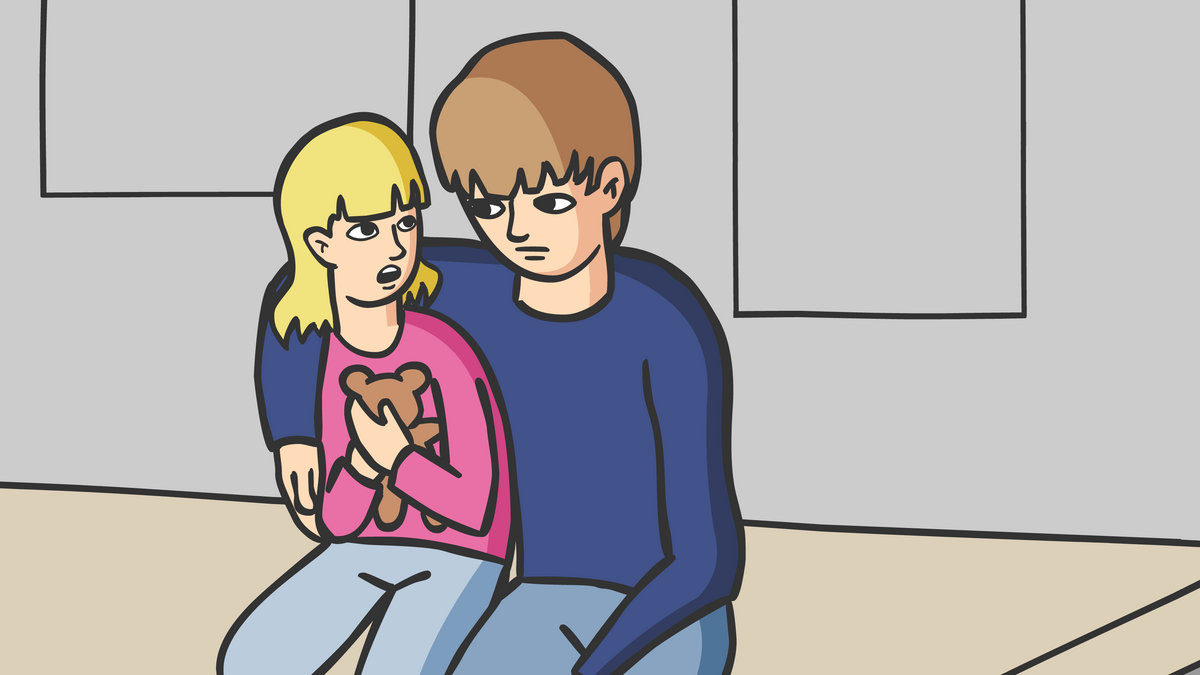
As a friend, you can help others to talk, feel and act again. No more than that, but it’s already a lot.
-
Listen
-
Sometimes it is good simply to be there and listen to someone. If they can talk honestly it can help them feel out the situation, formulate their ideas and make decisions.
-
Ask questions
-
Open questions make it easier to collect information and judge situations better. Do you know the difference between open and leading questions? Here are some examples:
- Leading question: Is it true that you don’t feel good at home anymore?
- Open question: How are things at home?
- Leading question: You’re afraid because your parents argue, aren’t you?
- Open question: How do you feel when you see your parents arguing all the time?
A leading question is based on an assumption that wants to be verified. An open question is an opportunity to find out how a person really thinks and feels.
-
Don’t judge, just describe
-
No one likes being judged. Remarks like ‘you’re selfish, it’s always about you’ or ‘you’re a spoilsport, why don’t you come with us anymore?’ or ‘you’re so moody’ are hurtful and put people on the defensive.
It’s better to say what you feel and how you are dealing with it:
‘You’ve become really withdrawn’, ‘I’ve seen you suddenly burst into tears’, ‘you don’t come with us anymore when we do something’, ‘when I call you at home you’re always abrupt and I’m worried for you.’
-
Offer help
-
‘I want to help you.’ That’s a nice offer. If people are depressed, desperate or confused, they often don’t know what kind of help they need. In those cases it’s good to propose a first step that you can take together, such as going to an advice centre or talking with a trusted adult.
As a friend, you can help others to talk, feel and act again. No more than that, but it’s already a lot.

